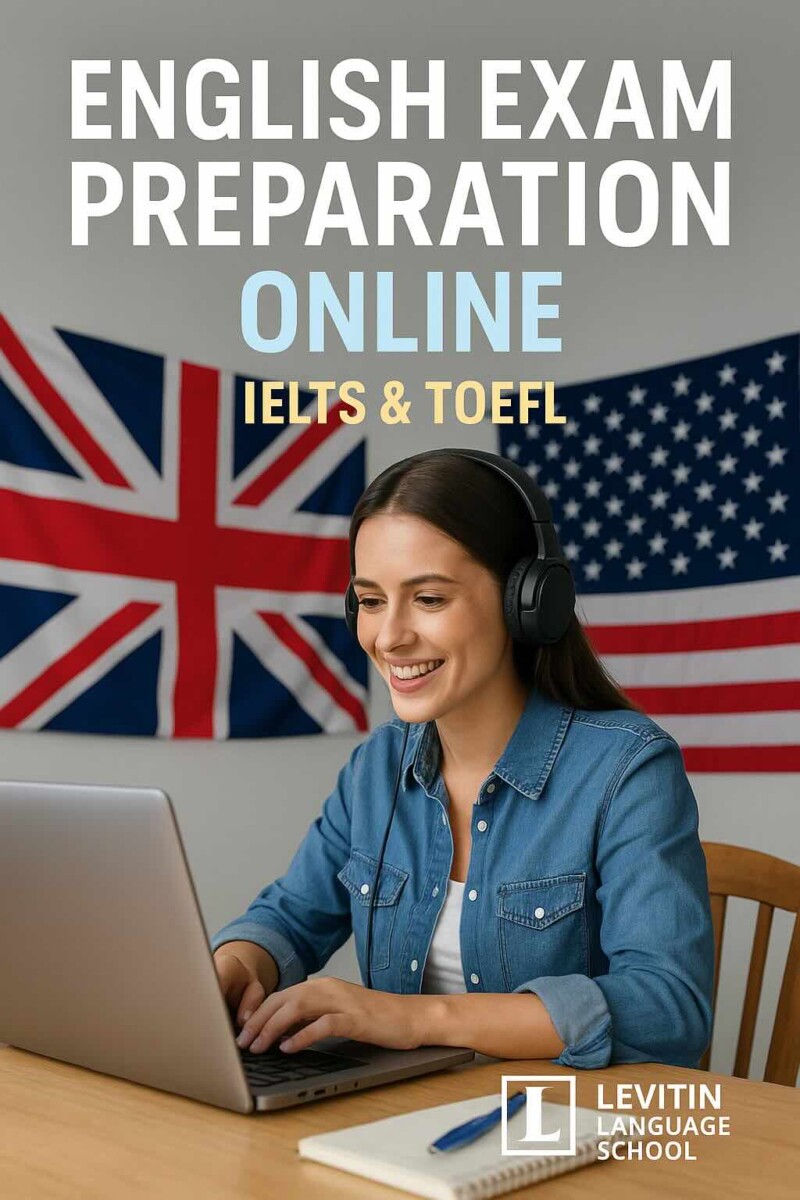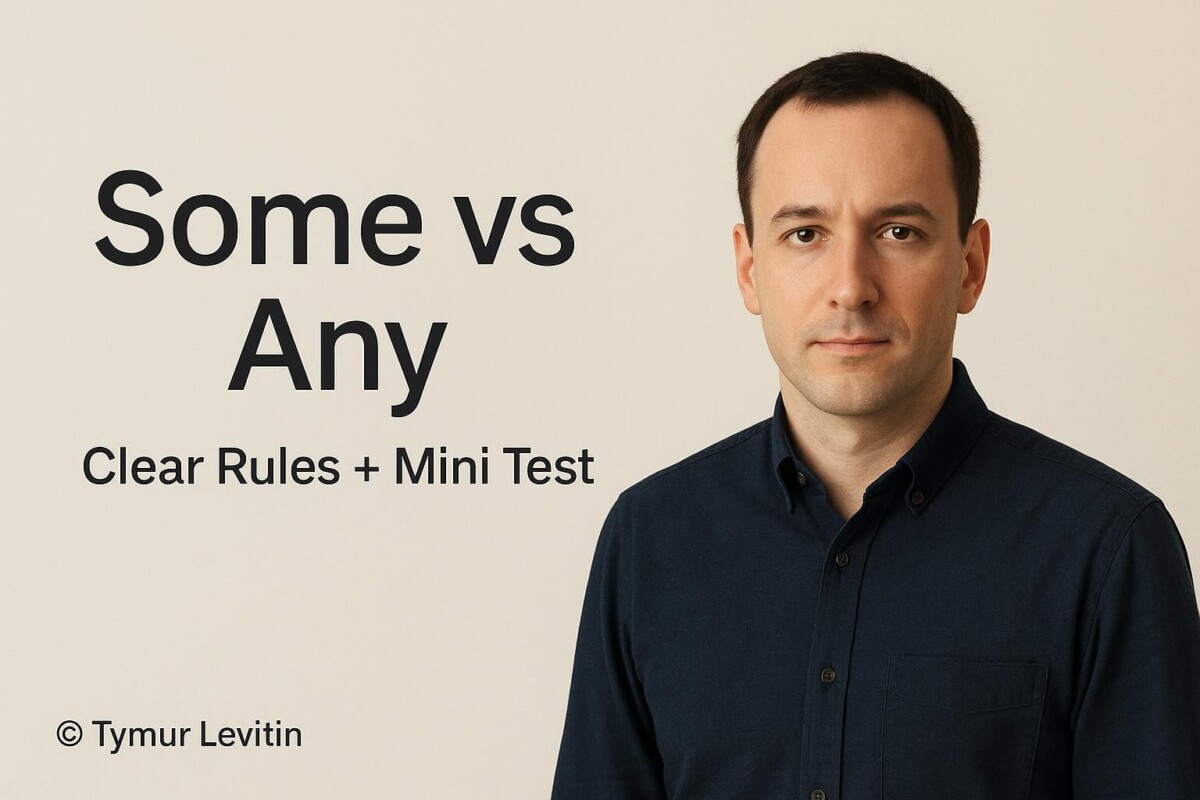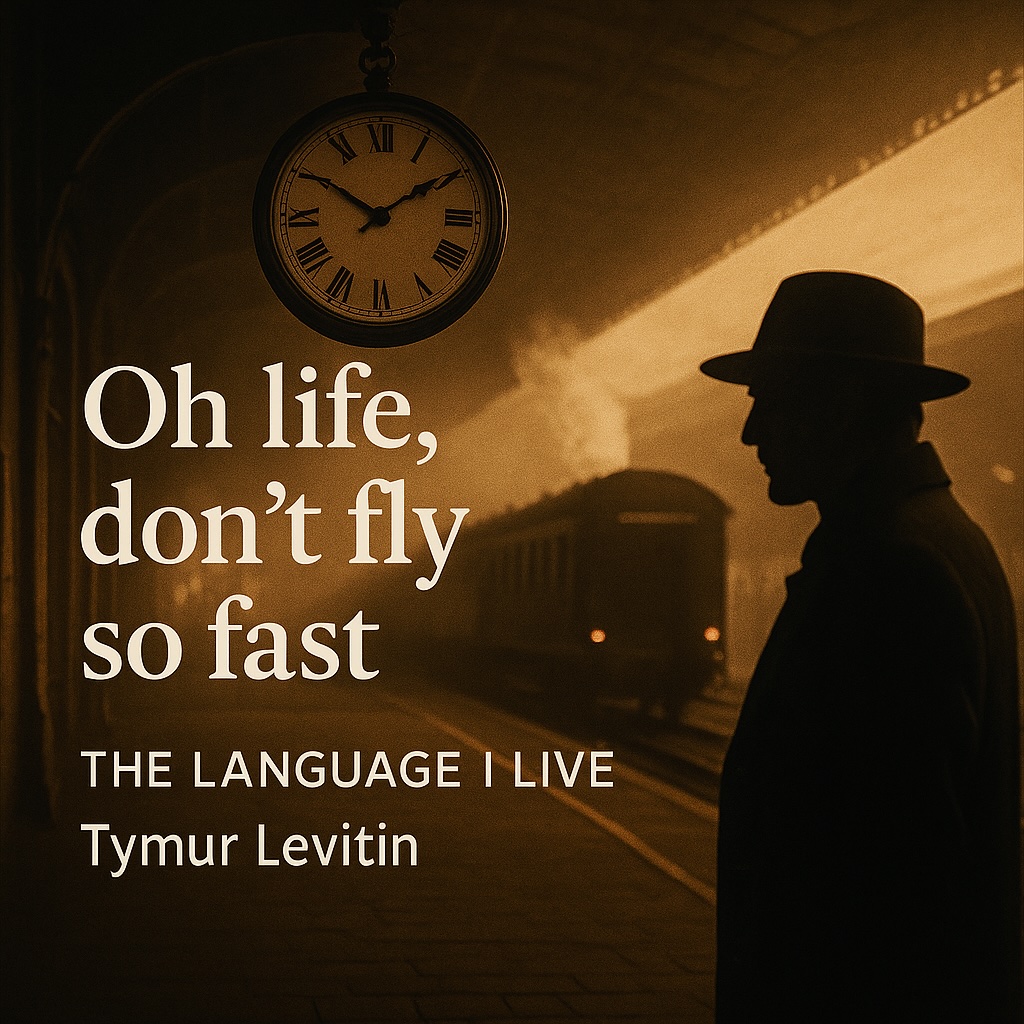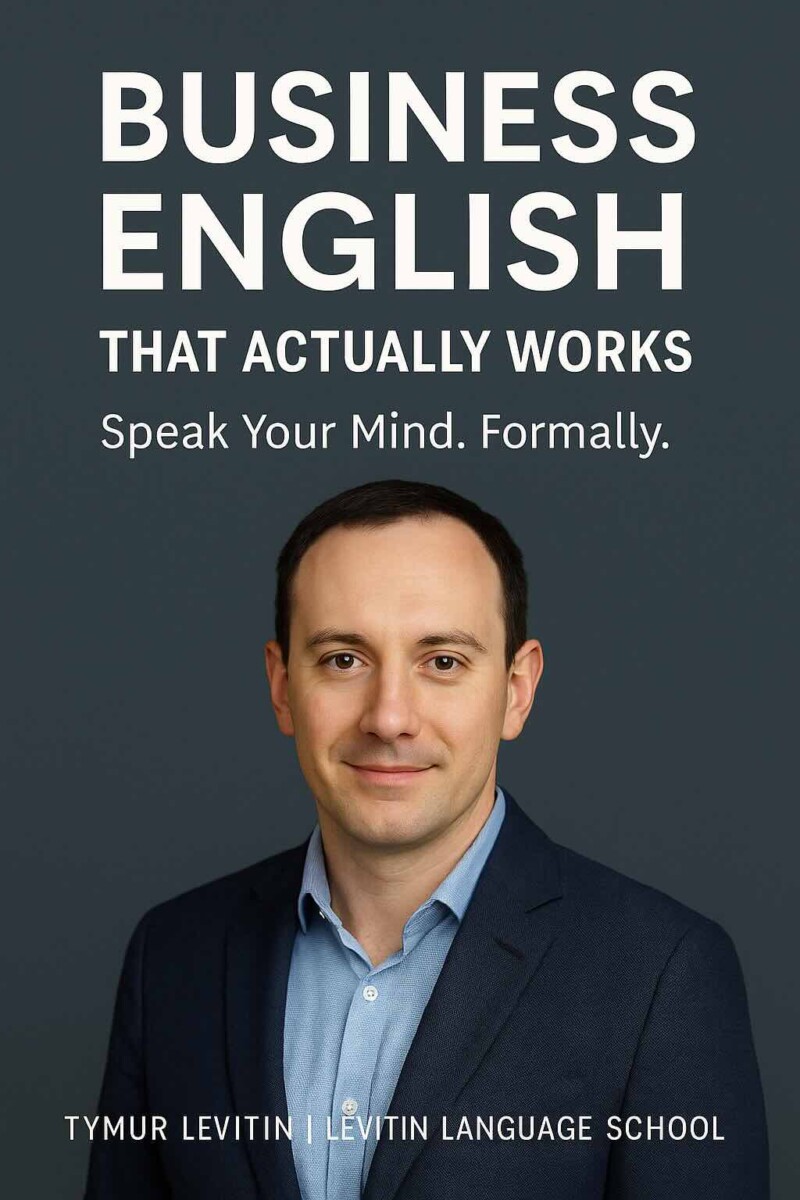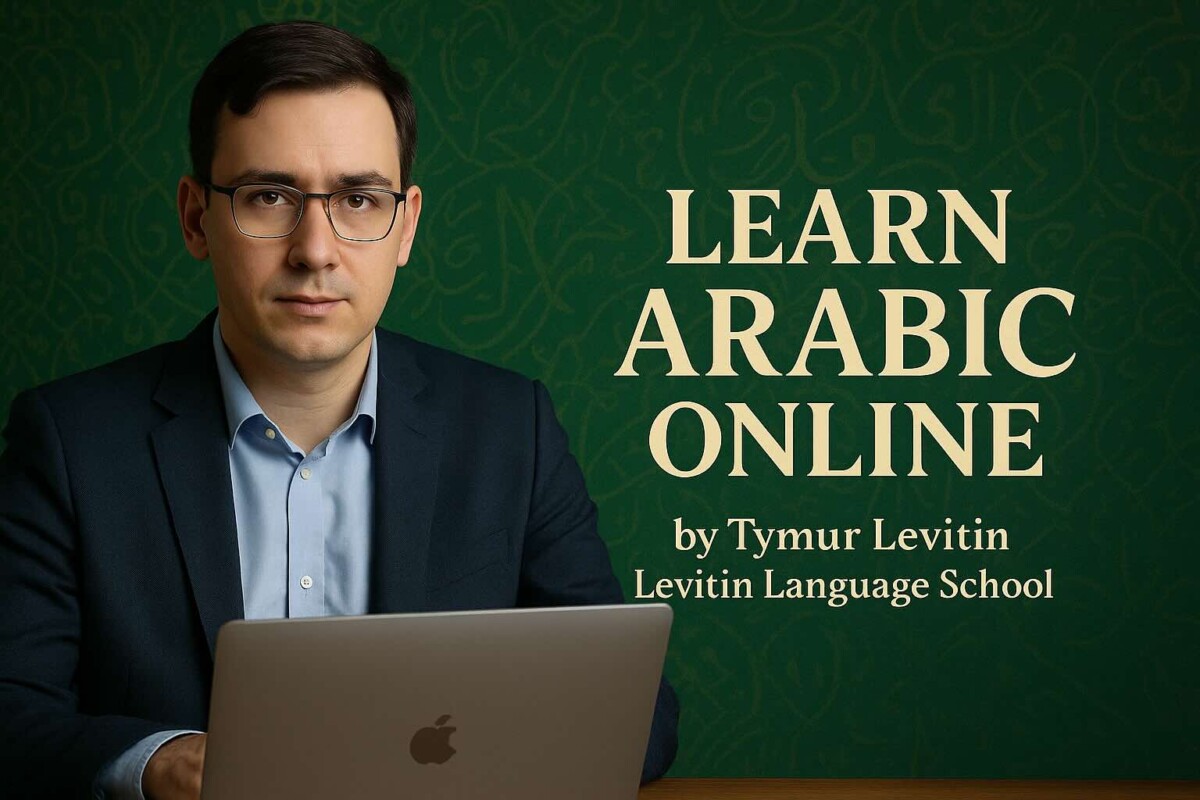Why Learners Mix Them Up
Both some y any are used with plural and uncountable nouns. The problem? They look similar, but the rules change depending on whether the sentence is affirmative, negative, or a question. Let’s clear it up in 10 minutes.
Rule 1: Affirmatives → Use Some
We normally use some in positive statements.
- I have some friends in London.
- There is some milk in the fridge.
- She bought some books yesterday.
Rule 2: Negatives → Use Cualquier
In negative sentences, we use any.
- I don’t have any friends here.
- There isn’t any money left.
- She didn’t buy any apples.
Rule 3: Questions → Usually Cualquier
In most questions, we use any.
- Do you have any questions?
- Is there any bread at home?
Rule 4: Offers and Requests → Some
When offering or requesting politely, we often use some, even in questions.
- Would you like some tea?
- Could I have some water, please?
👉 Here, some sounds more polite and friendly.
Some vs Any → Pronouns and Compounds
- Someone / Somebody / Something
- Someone is at the door.
- I need something to eat.
- Anyone / Anybody / Anything
- Is anyone there?
- I don’t want anything.
Quick Table
| Type | Use | Example |
|---|---|---|
| Affirmative | some | She has some friends. |
| Negative | any | She doesn’t have any friends. |
| Pregunta | any | Do you have any friends? |
| Offer | some | Would you like some coffee? |
Mini Quiz
- Do you have ___ sugar?
→ any - Could I have ___ tea, please?
→ some - I don’t need ___ help right now.
→ any - We met ___ interesting people yesterday.
→ some
Common Mistakes
❌ Do you have some questions? (sounds unusual)
✔️ Do you have any questions?
❌ I don’t need some advice.
✔️ I don’t need any advice.
FAQ
Q: Can I use “some” in questions?
A: Yes, in offers and polite requests: Would you like some tea?
Q: Is “any” always negative?
A: Not always. It works in questions and sometimes in positive sentences like Anyone can learn English.
Q: Can I say “some people” and “any people”?
A: Some people = positive idea. Any people is rare, but possible in negatives (I don’t know any people here).
Final Tips
- Some = positive, friendly, offers.
- Any = negative, most questions.
- Remember: context changes the nuance.

Más información
Want to go deeper into the logic of grammar? Read this article:
👉 Stop Memorizing. Start Thinking.
And check our full English learning page.
© Author’s concept by Tymur Levitin — founder, director, and lead teacher of Escuela de idiomas Levitin (Start Language School by Tymur Levitin).


















